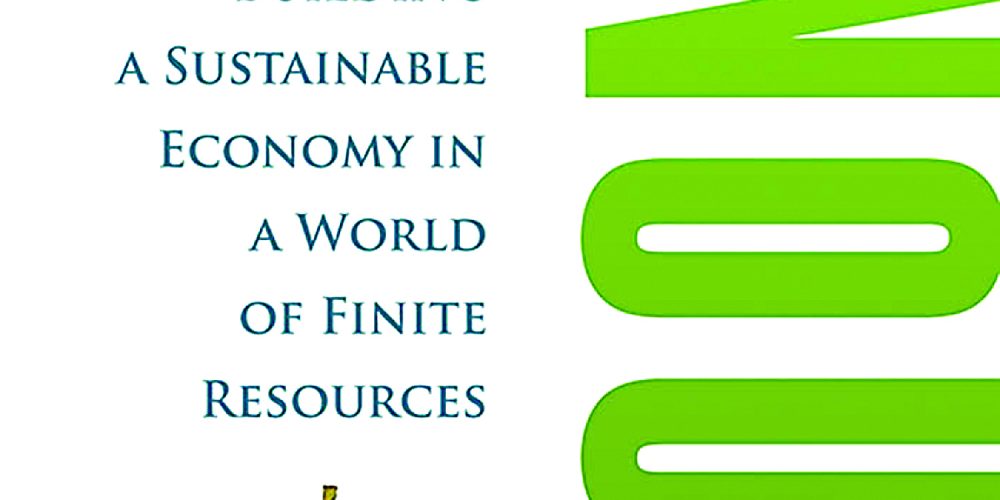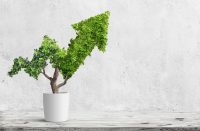How can we create a society that provides for all while respecting nature’s limits?
How can we create a society that provides for all while respecting nature’s limits? In Enough is Enough, Rob Dietz and Dan O’Neill argue that our economy is committed to the philosophy of “more” – more energy, more throughput, more waste – yet the only viable option at this point in history is an embrace of “enough.” The American environmental scientist and the University of Leeds economics lecturer recognize that the transition to a new economic system is bound to be daunting, not least because the very notion of a steady-state economy is anathema to mainstream thought.
The dangers of continued expansion are clear. Humankind now consumes 11 times more energy than it did a hundred years ago, and our ecological footprint is 50 per cent bigger than our planet’s ecosystems can bear. In the course of my lifetime – and I’m only in middle age – the global population has doubled to seven billion.
Especially damaging is the lifestyle of comfortable North Americans. We buy so many products that, in the most extreme cases, even our ample homes can no longer accommodate our possessions and we’re forced to keep them elsewhere. The fastest growing market in US commercial real estate is self-storage: more than 2.2-billion square feet are now devoted to this purpose.
An especially galling part of all of this hyperconsumption is that after people reach a reasonable level of consumption (or an average worldwide income of about $20,000), additional purchases don’t produce increased satisfaction. For example, per capita GDP in the United States and Britain has more than tripled since 1950, but citizens don’t report being any happier.
Enough is Enough explores practical ways to develop a steady-state economy. Some of these ideas are well known – carbon taxes, electricity rationing – but others are intriguing. To stabilize population, Dietz and O’Neill urge the broadcast of soap operas showing the value of family planning, a tactic that helped to reduce the fertility rate in Ethiopia. The concept is impressive because it makes use of both popular culture and storytelling – two things social movements need to call upon more frequently.
But could a steady-state economy actually be implemented? The authors realize it would require international support – a lone nation embracing non-growth would face capital flight – but they point with optimism to agreements such as the Montreal Protocol, which saw chemical restrictions enacted by countries around the world. Dietz and O’Neill also suggest that because the new economy would bring major benefits like employment and greenhouse gas reduction, its principles could prove to be immensely popular.
At times, Dietz and O’Neill’s analysis is overly simplistic. Presenting their case against consumerism, they argue that scientists “have been conducting research into what makes people happy … and their findings point squarely away from consumer culture.” The authors claim that well-being is actually fostered by things like friendship, physical activity and life-long learning, but I would argue that the reality is more nuanced.
For example, shopping on one’s own may not be fulfilling, but shopping with loved ones could well be. Consumer culture is not inherently valuable but it can provide a venue for valuable things. The relationship between happiness and consumption is more complicated than the authors acknowledge.
Dietz and O’Neill’s ideas are often illuminating and Enough is Enough’s greatest contribution lies in drawing our attention to “enoughness” as a concept. While reading this book, I reflected on enoughness in my own life and realized that, even for those who recognize its value, it’s devilishly hard to accept.
Enough is Enough: Building a Sustainable Economy in a World of Finite Resources, Rob Dietz and Dan O’Neill, San Francisco: Berrett-Koehler Publishers, 2013, 240 pages
This review originally appeared in Food & Drink, Issue 39.4. Subscribe now to get more reviews in your mailbox!
Reviewer Information
Gideon Forman is a long time peace and environmental activist.













